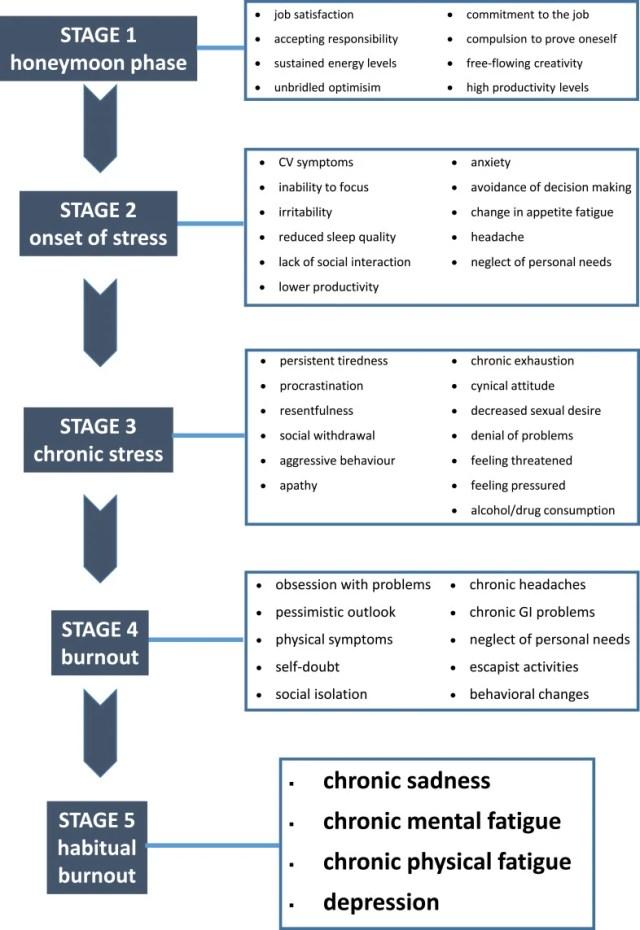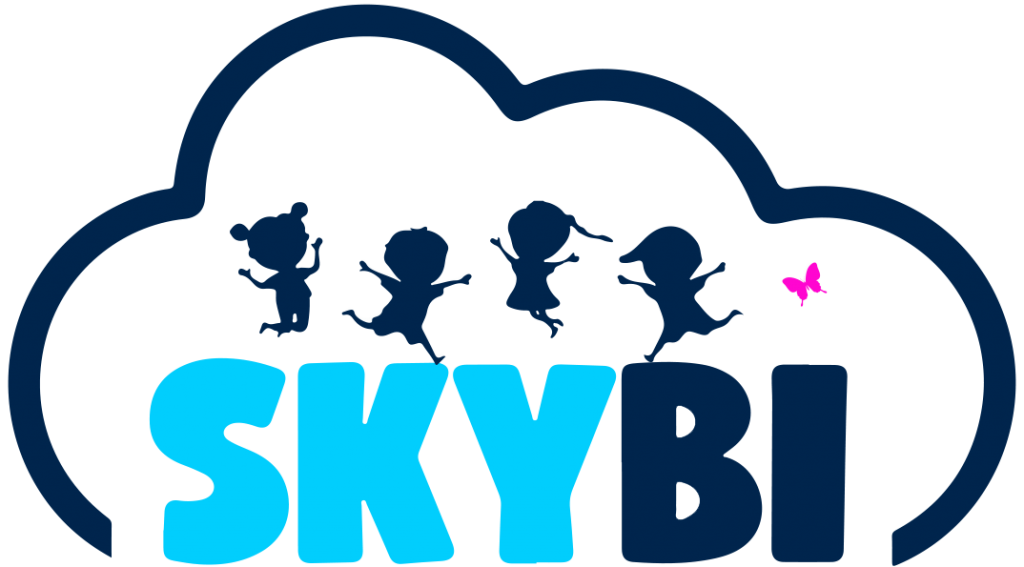13-9, 2 Rio Tower, Persiaran Rio, Bandar Puteri, 47100 Puchong, Selangor, Malaysia.

The Hidden Costs of Young Adult Work Burnout: Impact on Mental Health and Relationships
- On
- InBlog, Career & Workplace
Imagine waking up to the sound of your alarm, tired and drained before the day begins. The never-ending pressures and demands of work seem to engulf you, leaving you overwhelmed and on the verge of exhaustion. If you can relate to this experience, you probably suffered from burnout (from work) —a condition that silently affects many individuals’ mental health and relationships. This insightful blog delves into the hidden costs of work burnout among young adults, shedding light on its profound impact on our well-being and connections with others. But fear not; we’re here to help you navigate this challenging journey and provide valuable strategies for restoring your well-being and nurturing meaningful relationships.
Work burnout is a distinct form of stress that young adults often experience as they navigate the challenges of their careers. In today’s competitive and demanding work environments, young adults are particularly susceptible to burnout. While not recognised as a medical diagnosis, it is crucial to acknowledge the potential influence of underlying conditions, such as depression, especially among young adults. The unique combination of work-related factors and individual young adults face young adults can significantly impact their well-being and job satisfaction. By understanding the specific dynamics of young adult work burnout, we can better address and mitigate its impact.
Examples of work-related factors that can contribute to work burnout
- Excessive and prolonged time spent on work tasks.
- Overwhelming amount of tasks and responsibilities.
- Intense pressure and demands in the work environment.
- Requiring significant physical effort and emotional energy.
- Limited opportunities for growth and advancement.
- Lack of control or decision-making power in job tasks.
- Insufficient compensation for the work performed.
- Need for more acknowledgement or appreciation for work achievements.
- Poor work-life balance

Examples of individual characteristics that can contribute to work burnout
- Workaholics: Individuals who compulsively need to work excessively and struggle to set boundaries.
- Perfectionists: Individuals who set excessively high standards for themselves and experience distress when they fall short.
- People-pleasers: Individuals who have difficulty saying no and prioritise meeting others’ expectations over their well-being.
- Procrastinators: Individuals who have a habit of delaying tasks and experiencing increased stress due to looming deadlines.

- Increased anxiety levels
- Greater susceptibility to depression
- Heightened distress and emotional strain
- Burnout syndrome
- Impaired concentration and memory
- Decreased motivation and enthusiasm
- Increased irritability and mood swings
- Decreased self-esteem
On Physical Health Context:
- Increased risk of cardiovascular problems, such as high blood pressure and heart disease
- Weakened immune system and increased susceptibility to illnesses
- Chronic fatigue and sleep disturbances
- Digestive issues, including stomach ulcers and irritable bowel syndrome
- Musculoskeletal problems, such as back pain and tension headaches

On Social and Relationship Context:
- Strained relationships with family, friends, and colleagues due to increased irritability and emotional exhaustion
- Social withdrawal and isolation as a result of prioritising work over social connections
- Difficulty maintaining work-life balance, leading to neglect of personal relationships
- Increased conflicts and communication breakdowns in relationships
- Decreased participation in social activities and hobbies
- Increased work-life imbalance

On Individuals Work and Career Development Context:
- Decreased productivity and efficiency in completing tasks and meeting deadlines
- Lack of motivation and engagement in work-related activities
- Increased absenteeism and tardiness
- A decline in quality of work and attention to detail
- Limited opportunities for career growth and advancement due to reduced performance and reputation
- Impaired decision-making abilities
- Reduced attention span and focus
- Developing a pessimistic outlook on life.

On Financial Context:
- Loss of income due to reduced working hours or inability to work
- Costs associated with medical treatment and therapy for physical and mental health issues
- Reduced earning potential and missed opportunities for salary increases or promotions
- Increased expenses related to stress coping mechanisms, such as therapy sessions, self-care activities, or relaxation techniques
- Financial strain resulting from job dissatisfaction leads to impulsive spending or seeking to escape through consumerism.
The 5 stages of burnout

(Adopted from: https://www.ncbi.nlm.nih.gov/pmc/articles/PMC7604257/)
How to overcome work burnout
- Take regular breaks throughout the workday to replenish mental energy and gain a fresh perspective.
- Engage in physical activity like walking or running to recharge and stimulate creativity.
- Disconnecting from digital devices sets boundaries to limit after-hours work-related activities and resist the urge to check emails or messages constantly.
- Prioritise engaging in activities outside of work that you find exciting and enjoyable, such as playing sports, pursuing hobbies, or spending quality time with loved ones.
- Focus on positive and pleasurable experiences during your off-hours, setting goals that involve doing something enjoyable rather than solely avoiding work-related tasks.
- Delegate responsibilities and learn to ask for help to reduce the burden of excessive workload.
- Engage in stress-reducing activities such as mindfulness meditation, deep breathing exercises, or yoga to promote relaxation and mental clarity.
- Seek professional help or counselling if work burnout symptoms persist or significantly impact your well-being.
At Skybi, we understand young adults’ challenges and pressures in today’s demanding work environments. If you find yourself experiencing work burnout, remember that you don’t have to face it alone. Our counselling centre provides the support and guidance you need to navigate this difficult time. Our team of experienced professionals specialises in helping individuals overcome work-related stress, manage burnout, and find balance in their lives. We offer various services tailored to your needs, including individual counselling, stress management techniques, career coaching, and many more. Don’t let work burnout take a toll on your mental and emotional health. Take the first step towards healing and reaching your full potential by contacting our counselling centre.
To schedule an appointment or learn more about our services, please contact us at:
Phone: 011- 1984 4028
Email: enquiry@myskybi.com
Website: https://myskybi.com/







